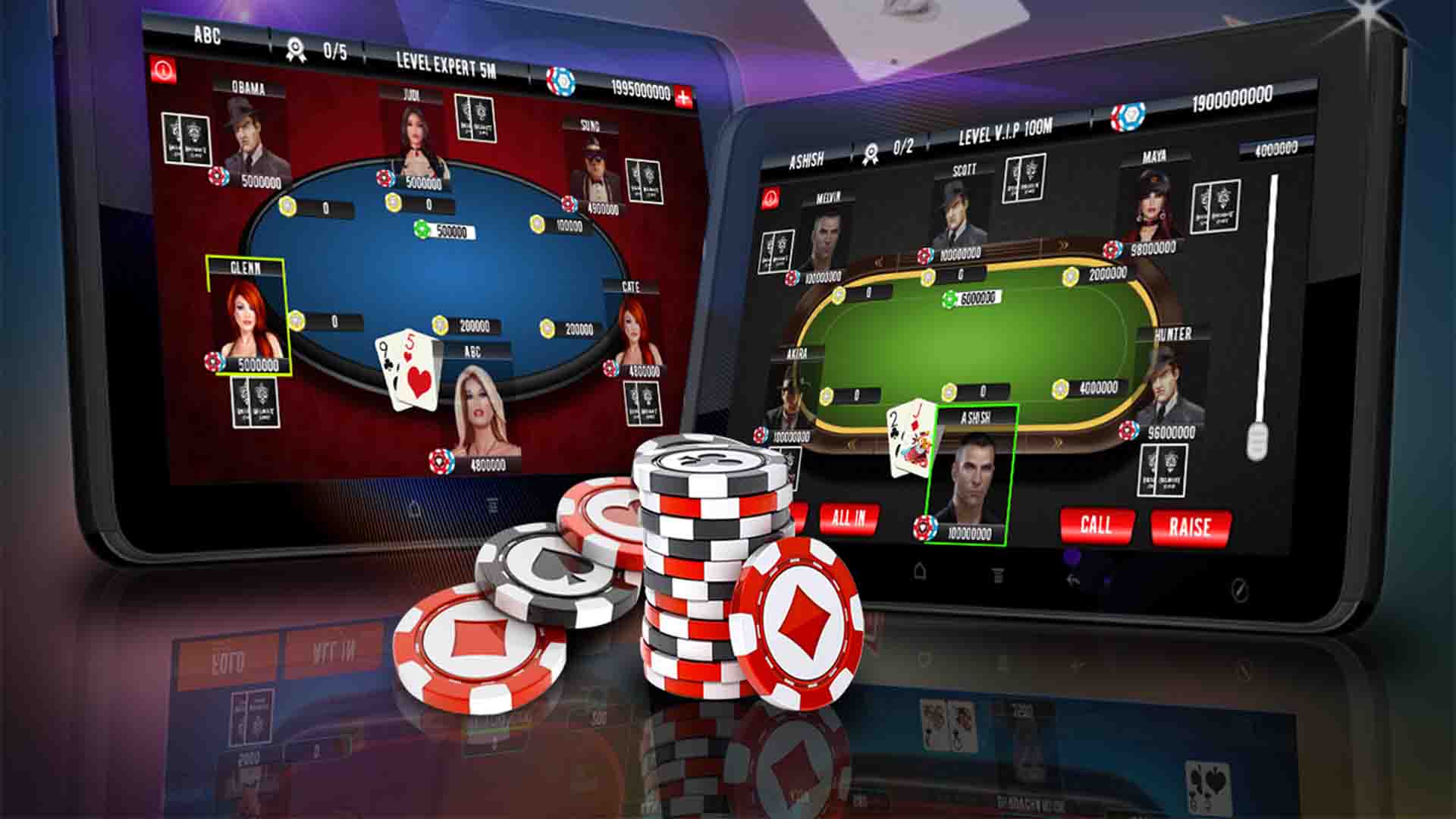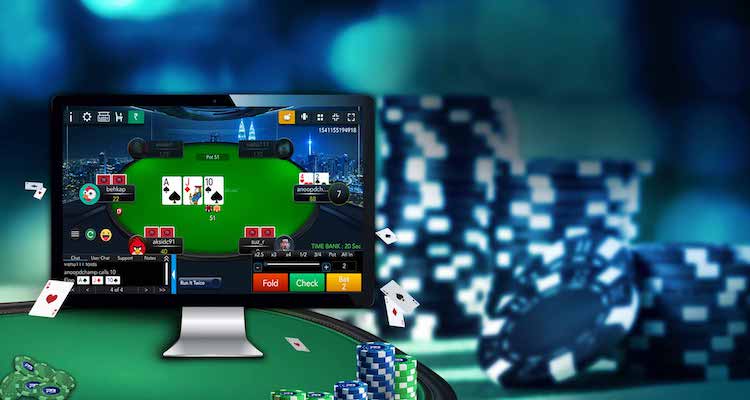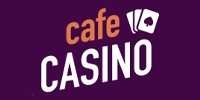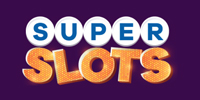How to Play Online Poker
The United States has some tough anti-online gambling laws that have impacted the poker world over the years. The online poker industry in the United States has been struggling since April 15, 2011 (often referred to as “Black Friday”), largely because the top poker sites no longer operate in the country.
Beyond that, each state has the authority to determine the legality of online gambling. So basically all 50 states could have legal internet poker if the legislature passed legislation. But most states still don’t have legal poker sites operating more than 10 years after Black Friday.
As of 2021, only five states are licensed to operate websites, but seven states have passed legislation legalizing online poker. Those states are Delaware, Michigan, Nevada, New Jersey, Pennsylvania, West Virginia and Connecticut. Michigan and Pennsylvania are the only states since 2013 to pass legislation and introduce locations, with Michigan being the last in 2019. West Virginia and Connecticut have legalized online poker, but no operators have yet applied for licenses. You can still play online poker at certain sites in other states, but these sites are not locally licensed and regulated.
The most important feature of operators in these states is poker liquidity. This is the ability to share tournament and cash game player pools across state lines in other jurisdictions, greatly improving revenue opportunities.
Poker liquidity is why poker is so lucrative in the global market. All participating states must sign the Multistate Internet Gaming Agreement (MSIGA) to allow this. (That’s not a problem for online sports betting and other games.) Pennsylvania, West Virginia and Connecticut have yet to sign on to the agreement.
A Brief History of Online Poker
For years, poker mostly existed behind smoky bars or casinos, but that all changed in the early 2000s when the Internet and an accountant in Tennessee became prime-time poker. Prior to 2000, most poker played on the internet was played in chat rooms, and it was understandably only a casual game. That changed when technology brought advanced and secure online poker sites that kept players’ funds safe and allowed them to bet against others.

More attention was paid to online poker sites in 2003 when an amateur poker player named Chris Moneymaker qualified for the World Series of Poker Main Event through a $40 online tournament. Moneymaker ended up winning the $2.5 million tournament and single-handedly revolutionizing the game. Not long after, ESPN began featuring poker, and thousands of players flocked to play online poker.
Bet size
In live cash games, you will often encounter different bet sizes than online, especially when raising pre-flop. In online cash games, players can start with 2x, 2.5x or 3x the big blind, while in live games it is not uncommon for players to start with 5x or 6x or even more, especially at lower level of live games (eg $1/$2 Dutch).
Tournaments are another matter, although even there you will occasionally find live players overbetting, especially inexperienced players who struggle to grasp pot sizes.
Live Poker vs. Online Poker
For one thing, whether you’re playing poker in a casino or on the computer, the game is always the same. In both cases, a straight flush beats a straight. Players in both games bet and bluffed, lost and lost. Many skills developed in one form are easily transferable to another.
On the other hand, many players argue convincingly that the games are very different. Some people think it’s like comparing chess and checkers. Online poker, a video game, is more of a sport than live poker. One is “virtual” and the other is “real”.
In the not-too-distant past, the contrast between “live poker players” and “online poker players” was stark. Many professionals belong to one group and largely ignore the other. They’ve heard stories of “live pros” taking risks online and not doing well (some complain that the game isn’t “real” poker). Then, “online pros” show up at live events, grappling with card and chip handling or gaming etiquette.
Today there is more overlap, with most of the top players and many people at all levels playing both online and live. Anyone involved in either game must understand the different ways to play the respective games.
What are the differences between live poker and online poker? Which of these differences is most important to a player switching from one to the other? When considering the answer, the following differences need to be considered.
Game rhythm
One of the most obvious superficial differences between live poker and online poker is the pace of play. Online poker is played much faster than live poker, and some people who prefer to play online find live games too boring to stand. In a no-limit hold’em cash game, you can see about 30 hands an hour, while in an online game you can see 60 hands an hour (or more) at any given table, and Even more in low-handed games. Being able to play multiple tables online also means playing more hands per hour than playing live.
Because of this, the impression of getting more bad beats online may be exaggerated. The truth is, you can seem to experience more of everything online because you play more hands, which in turn translates to…
What is an Online Poker Sweepstakes Game?
In addition to traditional online real money poker, some sites offer a poker “sweepstakes” format. Global Poker is one of the best games out there.
Global Poker uses a unique lottery model that makes its games legal to play online in most of the United States and Canada. With the social game mode, players use virtual chips (gold coins) that they collect but cannot exchange for real money. However, as players buy more coins, they will earn raffle prizes called “$weeps Coins”.
This virtual currency can be used in $weeps coin tournaments and regular games, and can also be won in freerolls. If the player wins more $weeps coins, these coins can be cashed out for real money.
How to Play Online Poker
If you play on your home computer or laptop, the first step is to download the online poker software from a site of your choice. The overall storage requirements are very low, and it won’t take long to download even on the oldest internet connections. If you don’t want to download anything, you can also try the no-download poker games available on every poker site, although they don’t offer as much functionality and playability as the full download versions.

If you choose the download path, after downloading the installation package, double-click it to install the software. At this point you will need to create a user account (some sites will create a user account before downloading the software). You must be at least 18 years of age or the legal drinking age in your jurisdiction, whichever is greater. There will be age verifications, so don’t expect to pass them if you’re underage.
Depositing money at an online poker site usually requires a credit card or some type of prepaid card, but there are some exceptions. Most sites accept major lending companies like Visa or MasterCard or any of the most popular online e-wallets, including Neteller, Skrill, and PayPal.
Online poker tournament
Poker tournaments are hugely popular both live and online thanks to touring events such as televised coverage of the World Series of Poker, World Poker Tour and European Poker Tour. In tournament poker, you pay a buy-in fee and get a stack of chips. Once you run out of chips, you will be eliminated from the game. The ultimate winner is the player who collects all chips. Online poker tournaments are probably the cheapest way to win big money. For example, there are several $10 buy-in online tournaments with over $200,000 for first place. As the buying volume increases, the price will rise further.
It’s easy to find big online poker tournaments on weekends. Today, the largest online tournaments attract more players than the largest live tournaments, thanks to the ability to host thousands of players without physical seating. The famous PokerStars Sunday Million is held weekly and offers a $1 million prize pool with a buy-in of just $109. Low buy-in satellites also run daily, allowing you to play bigger buy-in events.





